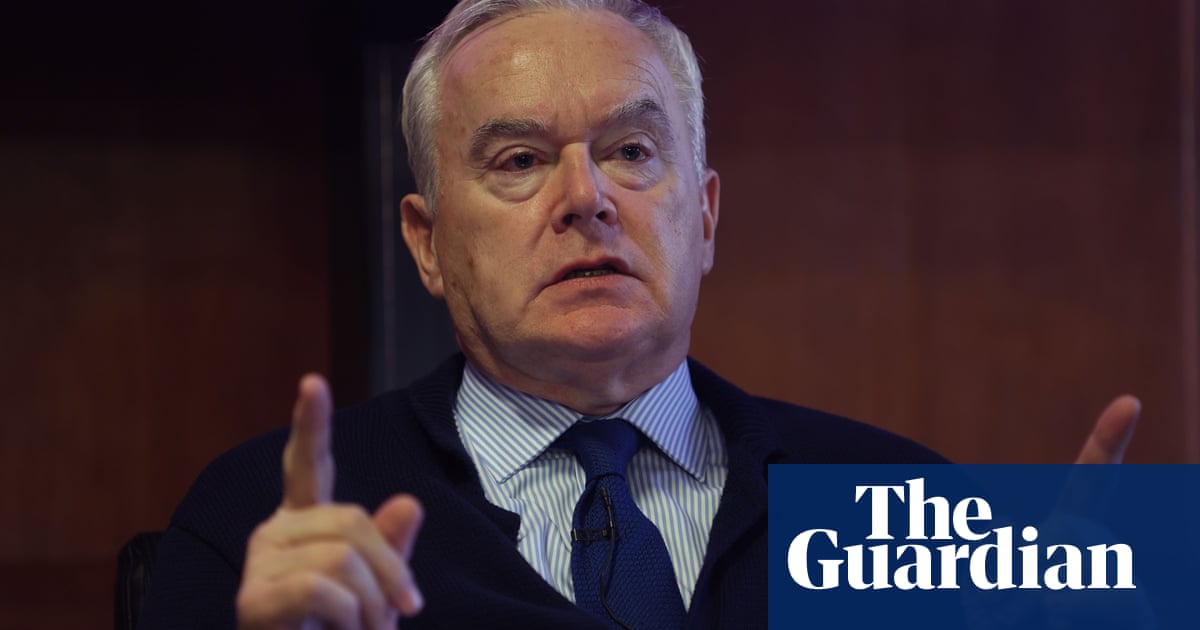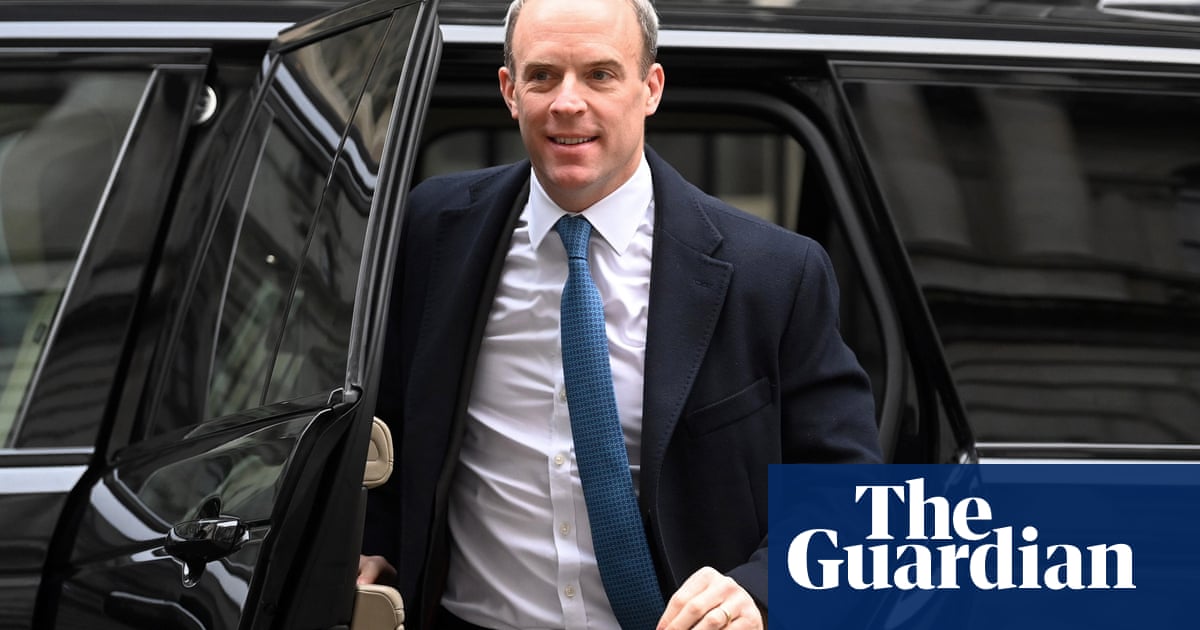
The BBC has received tens of thousands of complaints relating to Emily Maitlis’ Newsnight monologue on Dominic Cummings, both from opponents and supporters of the presenter’s comments.
Many of the first wave of complaints were from people criticising Maitlis for stating at the start of Tuesday night’s programme that “Dominic Cummings broke the rules – the country can see that and it’s shocked the government cannot”.
A second wave of complaints came from individuals who feel the corporation has given in to the government and are angry at BBC managers who ruled that Maitlis overstepped the mark and broke impartiality guidelines.
A BBC spokesperson declined to comment on the exact number of complaints but sources at the corporation said the complaints team had been “swamped” with tens of thousands of responses, prompting it to set up a dedicated page.
Maitlis’ original comments went viral across social media where they won praise but she was swiftly reprimanded by BBC bosses following discussions on Wednesday.
The lead Newsnight presenter was due to host that night’s programme but was replaced at the last minute by UK editor Katie Razzall, with Maitlis later insisting that it was her personal choice to pull out of the show.
In statement on Thursday, the BBC stood by its original ruling on Maitlis’ opening remarks. It said: “Newsnight has a long-established and recognised reputation for excellent journalism, for scrutinising arguments and for holding power to account, which it does on a daily basis, including the night in question. Our editorial guidelines allow us to make professional judgments but not to express opinion.
“The dividing line can be fine, but we aim to say so if we think we have overstepped the mark. The introduction to Newsnight was intended as a summary of the issues that would be explored, with all the supporting facts and evidence, in the programme. But as broadcast, it risked giving the perception that the BBC was taking sides, and expressing an opinion, rather than being impartial.”
Newsnight staff have largely expressed anger at the ruling in internal discussions and have now been offered time with the BBC’s head of news, Fran Unsworth, and head of current affairs, Jo Carr, to discuss their concerns about the ruling and how it was reached so quickly.
The BBC’s complaints process has increasingly become a front in a culture war, with viewer complaints often flooding in after a video clip has been highlighted on social media by political activists rather than as a direct result of original television broadcast. This can then prompt other political activists to hit back and file their own comments.
There are also concerns that the BBC’s complaints process is more likely to be used by right-wing members of the public, in the belief they are more likely to take the time to write in about programmes. Analysis by the Guardian at the end of last year suggested that more Conservative supporters complained en masse about the BBC’s news coverage during the 2019 general election than Labour supporters.
Unsworth has previously defended the need for the corporation to stick to its attempts to maintain due impartiality in an increasingly polarised world. Writing for the Guardian at the end of last year, she said: “I don’t necessarily subscribe to the view that if we get complaints from both sides, we are doing something right – though we do receive roughly equal volumes of audience feedback suggesting we favour opposite sides of the political spectrum.”












